By Toyin Falola
I thank Professor Tor Iorapuu, the Vice-Chancellor of Benue State University, and his management team, Senate, and Council for extending an invitation to give the Convocation Lecture at the 22nd/24th Combined Convocation ceremony on December 6, 2024. I chose the broader theme of “Power, Politics, and Policies”. Governance is an aspect of this broader theme.
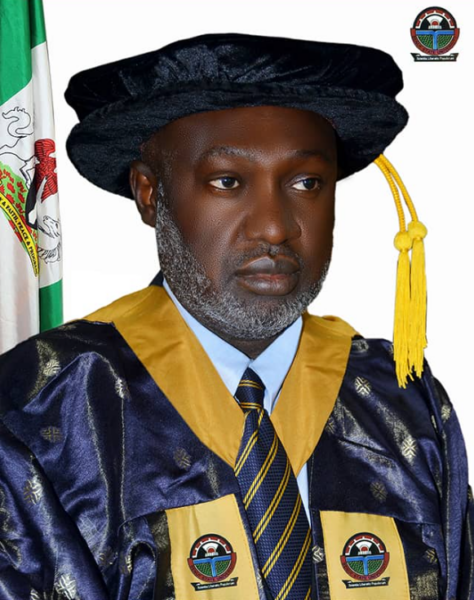
Within Nigeria’s sociopolitical environment, the quest for good governance has always remained a priority among the populace, even though it is still unattainable after more than 60 years of the country’s independence. Conventional approaches have not been able to satisfactorily address this problem, which has resulted in a critical assessment of how the nation may leverage its unique features to produce a more inclusive and responsive government. Apart from eroding public faith in political institutions, the continuous problems of corruption, poor public services, and socioeconomic disparity have also shown the disconnection in the lived reality of the varied population of Nigeria.
Hence, analyzing many points of view becomes crucial as it helps one to include conventional governance institutions, rethink federalism, and apply the dynamism of the diaspora and creative industries to reinvent the social contract between the Nigerian government and its people. As it will soon become obvious, if we keep downing these innovative routes, we will discover changing ideas that challenge the current status quo and offer reasonable responses fit for Nigeria’s particular social, cultural, and financial setting, helping us to create the basis for a governance model that ensures efficiency and delivers on the dividends of democracy.
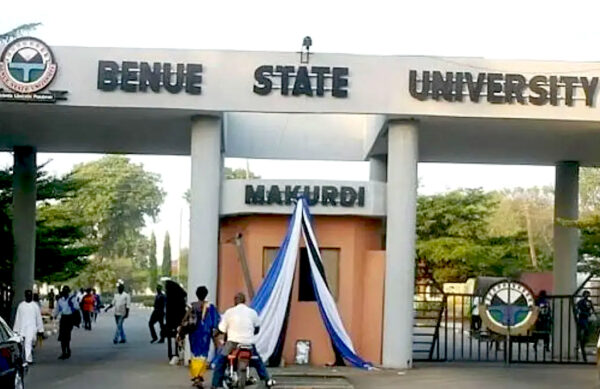
Years of what are political carelessness, corruption, and a lack of accountability on the part of public officials have led to reciprocal mistrust between the government and its people in Nigeria, and this has plagued their relationship for a long time, consequently erasing the fundamental social contract that maintains unity and development in the country. One of the most important things that has to be done to mend this damaged relationship is redefining the ways in which the government could serve the interests of its people by ensuring that government is not a distant authority but rather reflects people’s needs and wants, and making it necessary to apply a transformational approach involving ordinary citizens actively engaging in the process of influencing the policies and decisions affecting their everyday lives.
By means of these participatory practices, Nigerian citizens are empowered to actively select how public funds are used, advocating for transparency and helping the government to be more attentive to the actual needs of the people. One pragmatic approach to increase this degree of active participation is the application of participatory budgeting. By use of participatory budgeting, communities have been able to devote major attention to important initiatives such as the construction of infrastructure, educational institutions, and healthcare facilities, all of which directly enhance the quality of life. If Nigerians are to maintain this degree of active involvement, a conscious effort is needed to build a society in which people not only understand their rights but also respect the contributions they have made to the operation of the government and the national progress. Suppose civic education is integrated into the national curriculum and community events. In that case, Nigeria will gradually build a generation that actively participates in democratic processes, values responsibility, and holds its leaders liable for better standards.
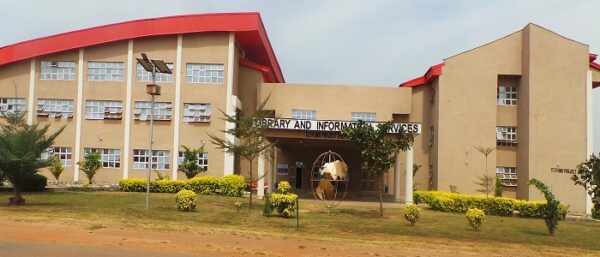
Improving social cohesion and confidence in government operations might also benefit much from the deep-rooted legitimacy and influence of traditional and community leaders. Apart from building modern governance structures, it is necessary to recognize and leverage the ideals of traditional governance models. The reason is that conventional government institutions could always ignore bureaucratic limitations that characterize modern governance structures, allowing them to properly resolve issues and link communities towards shared goals. Hence, Nigeria could apply hybrid governance approaches to build a framework that is more fit for culture and is more inclusive. By use of this method, the state can further close the distance separating it from its many citizens. When traditional leaders participate in the process of developing and implementing policies, for example, it guarantees that government projects are catered to the needs and issues of different areas, raising the possibility of the success of these initiatives as well as the degree of public support for them. This paradigm should be one in which modernism and tradition are peacefully mixed rather than in rivalry with one another, therefore fostering national unity and growth. If Nigeria is to be able to rebuild its social compact and establish a governmental system that is not just efficient and transparent but also very firmly founded in the cultural and social reality of its people, it must embrace such audacious and inclusive acts.
Away from this, it’s no news that the rigidity of the current federal structure makes it difficult to meet the demands and ambitions of the Nigerian people, lending credence to an existing structure that somewhat fails to reflect the complex realities of the country. By use of asymmetric federalism, Nigeria might be able to execute structural changes enabling different degrees of autonomy, inspiring local governments to take responsibility and lead the charge towards working more efficiently to handle the issues particular to their communities. With this, areas with unique cultural or economic characteristics, for example, might be able to create customized policies covering a broad spectrum of issues, including the enhancement of education, healthcare, and economic growth. This will guarantee that the government is not a remote and impersonal force but rather a system sensitive to the situation of the people and ready to handle those situations.
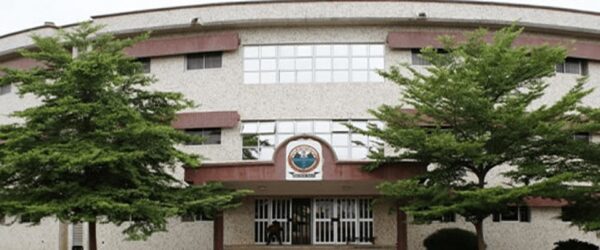
Essential to this reinterpreted federalism is the decentralization of resource management. This is so that places rich in natural resources might have more control over their assets. This would encourage accountability and reduce reliance on government funds, which often carry bureaucratic inefficiencies and delays. Think of the Niger Delta, which, being the center of Nigeria’s oil production, has long been plagued by environmental destruction and poverty, consequently driving growing tensions and brutal warfare. Should there be a rethinking of federalism as we currently know it, it may trigger social programs addressing the fundamental reasons for discontent and thereby promote sustainable growth as well as infrastructure and environmental restoration.
Local government empowerment might lead to increased grassroots involvement and make it possible to more precisely create solutions to fit the problems the local community faces. Therefore, local community management must be updated as well to fit these developments. When local councils have the means and power needed to implement policies on issues such as basic education, sanitation, and local highways, they can react faster and more successfully to the demands of their people. More involved individuals follow from this, which enables the government to generate typically better results. This bottom-up strategy can rejuvenate democracy locally, where people believe their ideas have a major influence, hence maintaining the legitimacy and stability of the broader overall political system.
Regarding the informal economy, one should be aware that a sizable portion of Nigeria’s workforce is engaged in activities deemed not to be acknowledged. Although this labor makes a significant contribution to employment and GDP, most of the time, when policy choices are taken, the reality that this labor lacks access to basic rights and services is disregarded. Many communities depend on these people as their lifeline. They provide items and services to sustain daily living, especially in rural regions and urban slums where official job possibilities are few. Should the government acknowledge the significant contribution these informal sector workers provide to the economy, it might lead to adopting legislation that not only validates their efforts but also promotes their output and welfare.
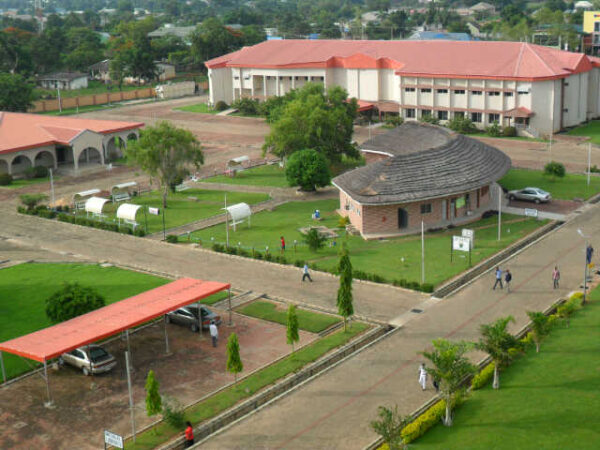
Providing social security to informal workers is equally important, especially as many people lack access to safety nets designed to protect them from poverty in old age, health issues, or terrible economic times. Broad social security programs appealing to informal workers might help the government improve economic stability and output. These programs might call for pension schemes, moderately priced health insurance, or unemployment relief. From here, the benefits will trickle down, especially since protected workers are more likely to invest in their businesses and help strengthen the economy.
If used in the right way, the great reservoir of knowledge, skills, and financial resources created by the Nigerian diaspora may be very helpful to the country’s attempts to change its internal system and accelerate its development. The diaspora community has different points of view that can assist in addressing some of the difficult issues Nigeria is now confronting since they have acquired a wide range of knowledge in several areas outside the borders of Nigeria.
To put this in motion, policy frameworks must be created that not only acknowledge the potential contributions of the diaspora but also integrate them into the national agenda by way of specific acts, including voting rights and representation in governmental proceedings. This is very necessary if we are to motivate active participation from the diaspora. If given the chance to vote in national elections, for example, it would not only provide Nigerians living in the diaspora with more political opportunities but also assist in defining the degree of their interaction with the democratic institutions of their country and helping to build a feeling of responsibility for the future of the country and belonging.
These links may be strengthened, and participation may be more readily accessible by way of the establishment of specific government offices or liaison agencies addressing the issues of the diaspora and thus promoting their involvement in development projects.
It is feasible to increase government efficiency and policy execution by using the worldwide networks created by Nigerians living outside of their own country. This is a crucial last stage in the process of translating international best practices to meet Nigeria’s particular needs. By means of the evolution of relationships between local institutions and international organizations in which Nigerians living abroad occupy significant roles, the country has the potential to gain from modern technologies managerial knowledge and creatively develop and apply solutions that have been successful in other countries. Should Nigeria be able to cross-pollinate ideas and technologies, it may be able to tackle structural problems, upgrade its infrastructure, and raise the quality of living given to its people.
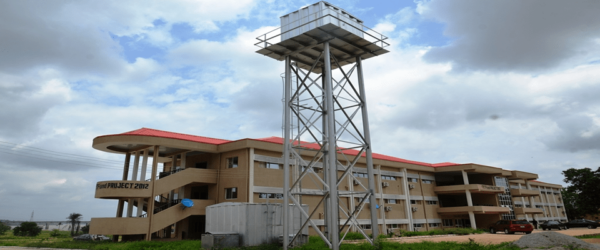
Though they offer chances for artistic expression, Nigeria’s vibrant creative and cultural sectors also work as potent instruments for raising civic consciousness and elevating good governance. This is consistent with the engagement of Nigeria’s diaspora, which has a great ability to propel social change and economic growth. One might leverage the vibrant music scene, busy film industry, and rich literary traditions of the nation to transmit messages that motivate public engagement in democratic processes, stress concerns of governance, and emphasize civic duty. Including themes of accountability, openness, and social justice in popular media allows artists to change public opinion by inspiring individuals to get more actively involved in developing their communities and helping to influence public debate.
Cultural diplomacy provides Nigeria with a strategic outlet to strengthen diplomatic relations, enhance its worldwide reputation, and attract foreign business. By means of international festivals, exhibits, and cultural interactions, the country can broadcast its soft power, challenge negative preconceptions, and create a narrative stressing its creative genius, variety, and opportunities for growth. This positive view can lead to trip possibilities, business prospects, national development supporting alliances, and worldwide revenue possibilities. Apart from maintaining the cultural riches of the country, this initiative creates employment, promotes innovative ideas, and helps the general rise in the national GDP. Acknowledging the creative economy as a major sector depends on the development of governance systems that give artists and cultural entrepreneurs the necessary tools, financing, and legal environment to assist their activities. The government’s support of grants or other tax incentives, intellectual property rights protection, and finance for arts education might all assist this sector to flourish in several distinct respects. Through this activity, the nation not only takes care of its cultural assets but also creates jobs, stimulates innovation, and raises the GDP. The creative sectors might turn into major income sources and a way to diversify the economy beyond conventional areas like oil, manufacturing, and agriculture.
Successful implementation of these forward-looking ideas depends on changing our viewpoint to recognize the need of the creative community as well as the diaspora in helping Nigeria grow. This argument challenges the established knowledge, which frequently ignores the potential influence these sectors might have on governance and development. The country would be able to use a lot of resources and ideas that will propel it towards a future of a more inclusive, dynamic, and wealthy nation if it takes the initiative to communicate with Nigerians residing outside of the country and grow the cultural industries present inside the nation.
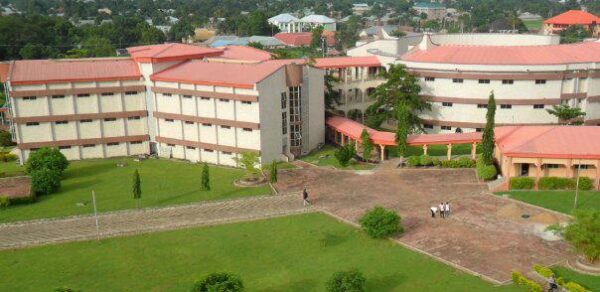
Lastly, Nigerians must be prepared to question accepted knowledge and include innovative, often divisive ideas that test the limits of conventional forms of government if we want to adequately handle these difficult problems of 21st-century terrible governance. Contrary to many thoughts, changing some of the existing policies is not enough; rather, a strong commitment to transformative change that acknowledges the special advantages and needs of Nigeria’s several regions and people is needed. Redefining federalism in a way that allows more regional autonomy, decentralizing resource control to empower local communities, and including the informal economy into national development strategies with supporting measures will help Nigeria to release latent potential and open the road for a future fairer and richer.
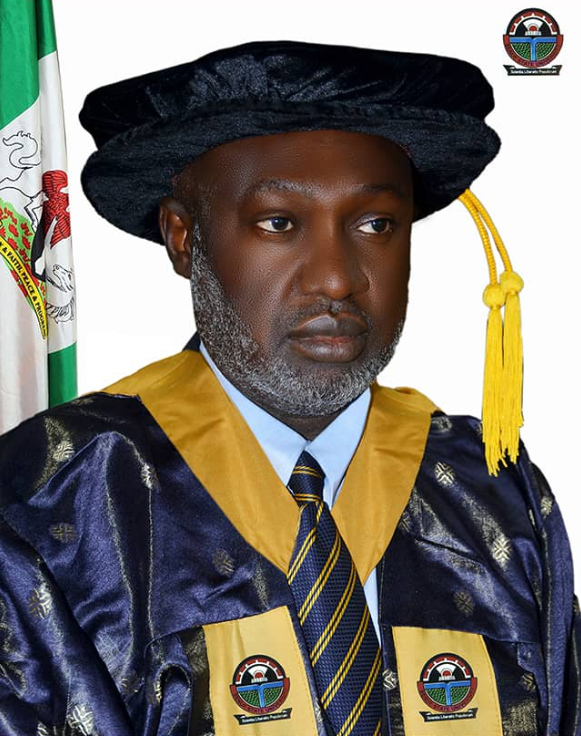
I would like to receive updates
Awesome!
Thanks for the article sir I’m a student here in Gombe state university reading your article to solve my assignment I would love to have more on national development
I’m a student here in Gombe state university reading your article to solve my assignment I would love to have more on National development sir